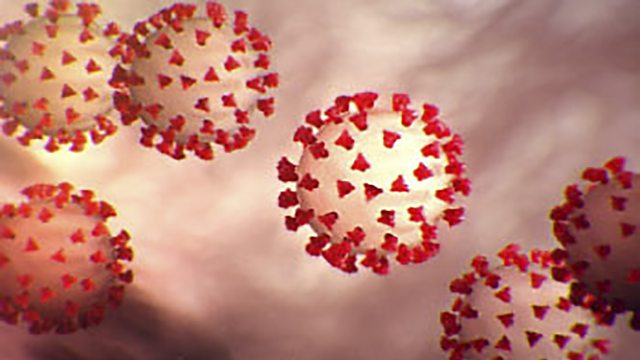The medical complexity of Covid -19
Understanding viral damage to the brain and heart.
And Crowdscience investigates why some people put themselves in danger to help others and ask if there’s such thing as heroes?
Autopsies show Covid 19 can affect the brain and other organs. Pathologist Mary Fowkes from the Icahn School of Medicine at Mount Sinai found the signs of stroke - unusually in young people, as well as a disruption of the immune system throughout the body.
And studies of heart stem cells show these can be killed by the virus. Cell Biologist Stefanie Dimmeler from the University of Frankfurt says this finding could prove useful in providing treatment and preventative medicine.
A massive research project in China has identified over 700 different types of coronavirus carried by bats, some of these obscure virus sequences are thought to have already jumped from bats to human and animals such as pigs. In a similar way to SARS-CoV-2 they present a potential threat as a source of future pandemics says Peter Daszak from the EcoHeath Alliance which conducted the research in collaboration with Chinese scientists.
And is there racism in the way people with Covid -19 infections are categorised? It’s an issue which concerns toxicologist Winston Morgan from the University of East London. He says as race is a social construct it’s an inappropriate measure to use when trying to work out who is vulnerable to the virus.
And, Have you ever broken up a fight? Or pushed someone out the way of an oncoming vehicle, only to be hit by it yourself? Most of us probably haven’t taken as many risks as listener Alix, who has put herself in peril to save strangers on several occasions, and she wants Crowdscience to investigate why? At a time when medical professionals have to weigh up the personal dangers of working on the frontline of the Coronavirus crisis, it’s a particularly timely question. Marnie Chesterton finds out why it’s a good thing that children push the boundaries of what’s safe during playtime, because it makes them less anxious adults. And she questions the existence of the so-called bystander effect, discovering how evolution has ensured we’re a much braver species than we sometimes give ourselves credit for. But she hears from some social scientists who say there’s no such thing as a ‘hero’ however likely they are to intervene to help others
Last on
More episodes
Previous
Broadcasts
- Sun 7 Jun 2020 14:06GMT����ý World Service Americas and the Caribbean
- Sun 7 Jun 2020 15:06GMT����ý World Service News Internet
Podcast
-
![]()
Unexpected Elements
The news you know, the science you don't


